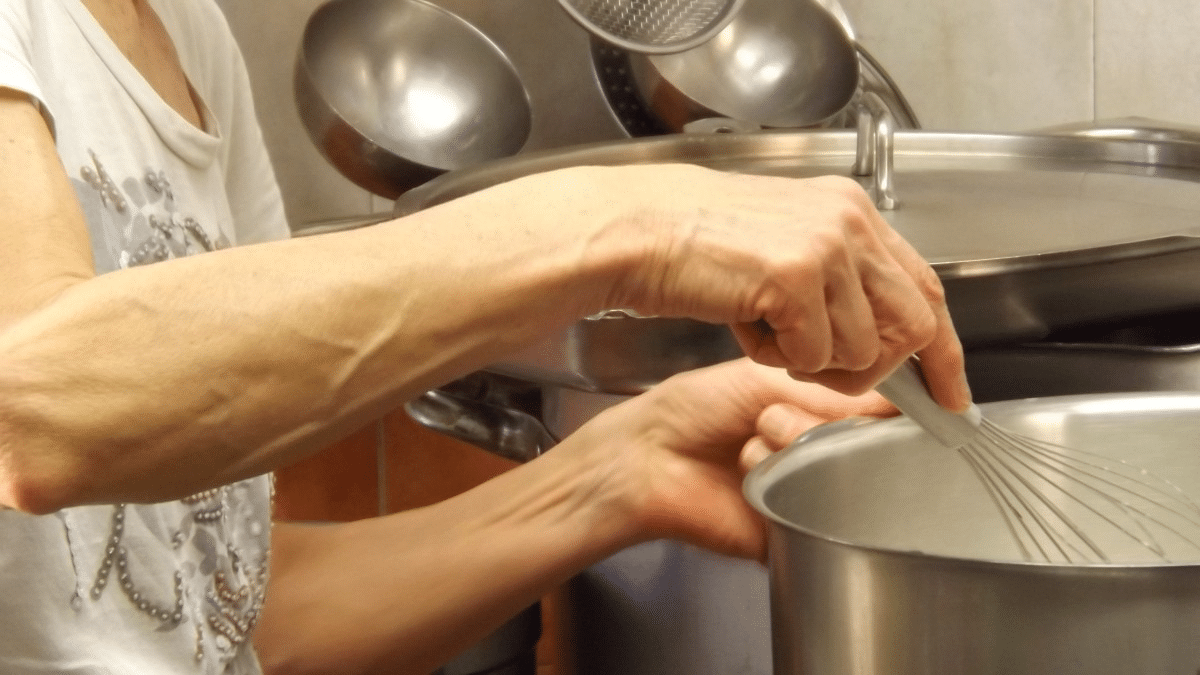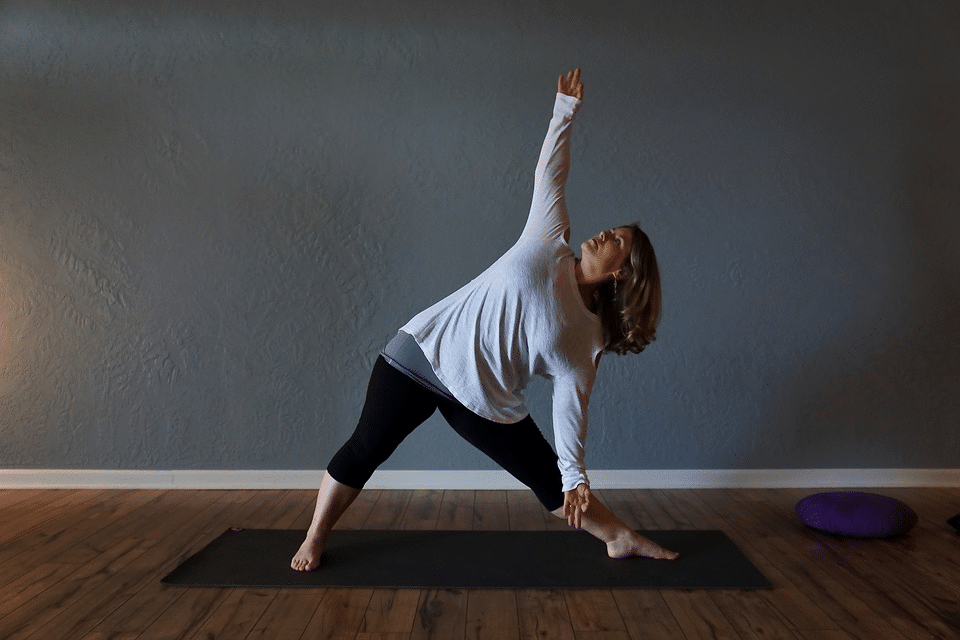2.2 – Conjugation of -í- verbs
There are a few -í- verbs in this chapter. The endings are as follows:
|
(já) |
-ím |
(my) |
-íme |
|
(ty) |
-íš |
(vy) |
-íte |
|
(on/ona/ono) |
-í |
(oni/ony/ona) |
-í /(-ějí/ejí) |
Most -í- verbs end in -it, -et, or -ět, such as mluvit ‘to speak’
|
(já) |
mluvím ‘I speak, am speaking’ |
(my) |
mluvíme we speak, are speaking’ |
|
(ty) |
mluvíš ‘you speak, are speaking’ |
(vy) |
mluvíte ‘you speak, are speaking’ |
|
(on/ona/ono) |
mluví ‘he/she speaks, is speaking’ |
(oni/ony/ona) |
mluví ‘they speak, are speaking’ |
Occasionally the ending on the infinitive is different, such as with spát ‘to sleep’, which otherwise looks like it would be an -á- verb. However, we just have to memorize that it’s an -í- verb:
|
(já) |
spím |
(my) |
spíme |
|
(ty) |
spíš |
(vy) |
spíte |
|
(on/ona/ono) |
spí |
(oni/ony/ona) |
spí |
The 3rd plural endings -ějí/ejí are common only among a verbs in Czech whose infinitive ends in -et/-ět. In virtually every instance that -ějí/ejí is used in standard Czech as the 3rd plural ending, it is possible to use -í instead. In other words, don’t worry about the verbs with this alternate form too much beyond recognizing the form as an alternate. The following is an example of a verb that allows the -ějí/ejí ending:
|
(já) |
umím |
(my) |
umíme |
|
(ty) |
umíš |
(vy) |
umíte |
|
(on/ona/ono) |
umí |
(oni/ony/ona) |
umějí/(umí) |
Here are some common -í- verbs that you will use in this chapter:
mluvit to talk, speak
myslet to think
spát to sleep
rozumět to understand
tančit to dance
učit se to study
umět to know a skill
cvičit to exercise
uklízet to clean
vařit to cook
|
Jana často uklízí. Jana often cleans. |
Pavla vaří. Pavla is cooking. |
|
Jan spí. Jan is sleeping. |
Věra cvičí každý den. Věra exercises every day. |
Images used in this document come from these sources.



